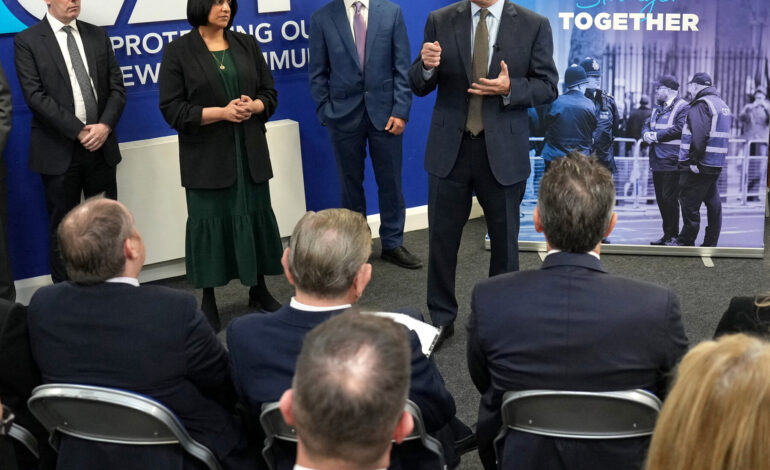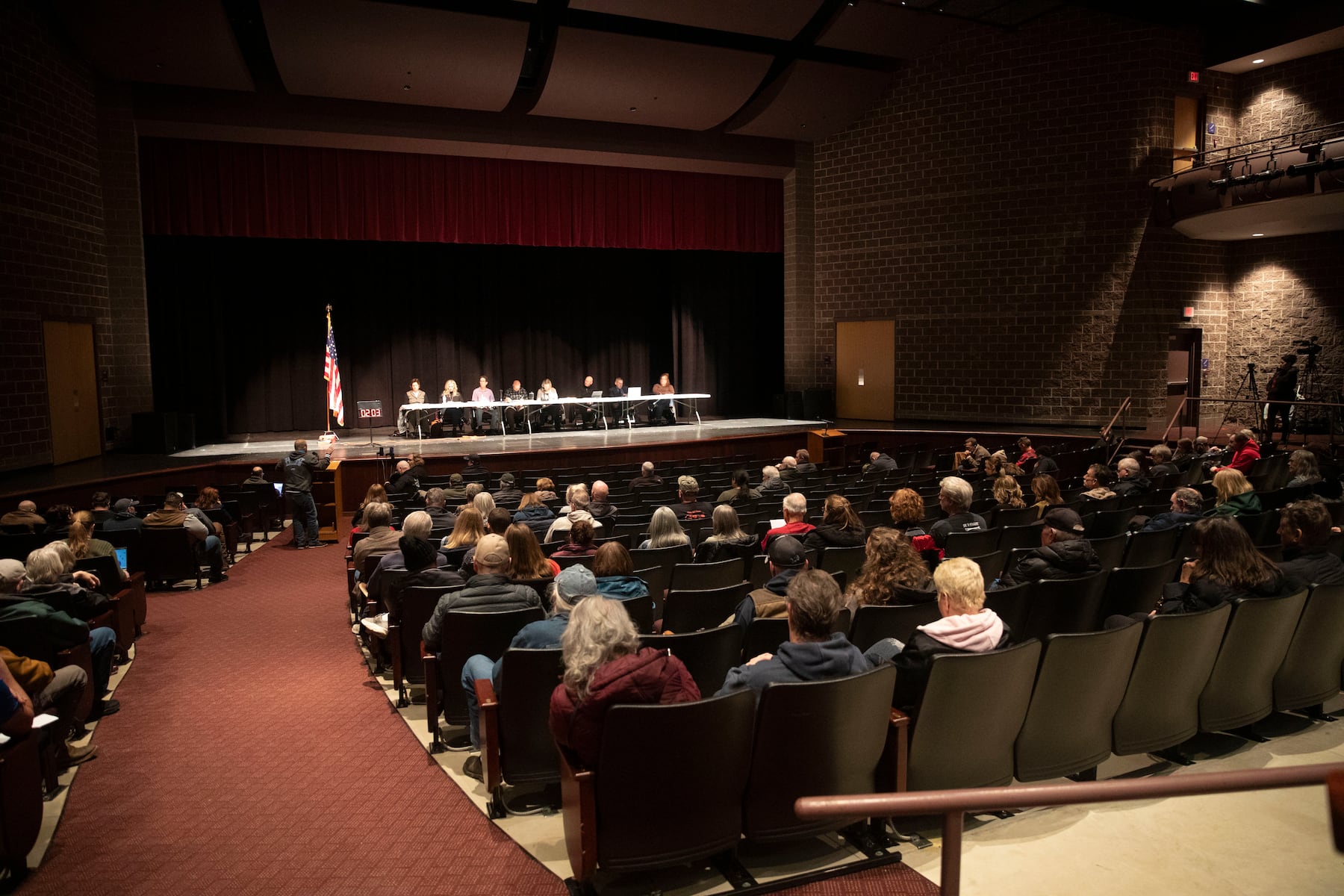Starmer Challenges Ban on Israeli Fans for Upcoming Soccer Match

Local authorities in central England have decided to prohibit fans of Israeli football teams from attending an upcoming match next month, sparking significant backlash from political figures, including Keir Starmer, the leader of the U.K. Labour Party. This action follows a series of confrontations that have overshadowed Israeli teams’ games across Europe since the beginning of the Gaza conflict.
The decision to bar the Israeli fans was made in response to concerns about potential violence and unrest at the match. Authorities fear that the ongoing tensions related to the Gaza war could escalate during the event, posing risks to both attendees and law enforcement. The match is scheduled to take place in November 2023, although the exact date has not been disclosed.
Starmer expressed his disapproval of the ban, stating that it undermines the principles of sportsmanship and inclusivity. In his comments, he emphasized that sporting events should serve as a platform for unity rather than division. He called on local authorities to reconsider their decision, arguing that it could lead to further polarization rather than fostering dialogue and understanding among different communities.
This situation has drawn attention not just within the U.K., but also from various international observers who are monitoring the implications of the ongoing conflict on sports events. Many argue that sports should transcend political issues and serve as a means for people to come together. The controversy surrounding the ban has reignited discussions about the role of football in bridging divides and promoting peace.
The decision to restrict access to fans is part of a broader trend observed in various European countries, where security concerns have led to similar measures against fans of teams from regions experiencing political conflicts. While authorities maintain that public safety is their primary concern, critics argue that such actions can exacerbate tensions and alienate communities.
As the date of the match approaches, the situation remains fluid, with calls for dialogue and negotiation continuing to surface. Local authorities have yet to provide a detailed explanation of their decision, leaving many fans and stakeholders anxious about the implications for the match and the broader context of Israeli-Palestinian relations.
In a time when sports can serve as a powerful tool for reconciliation, the outcome of this situation will be closely watched. The hope remains that a resolution can be found that prioritizes safety while also respecting the spirit of the game.






